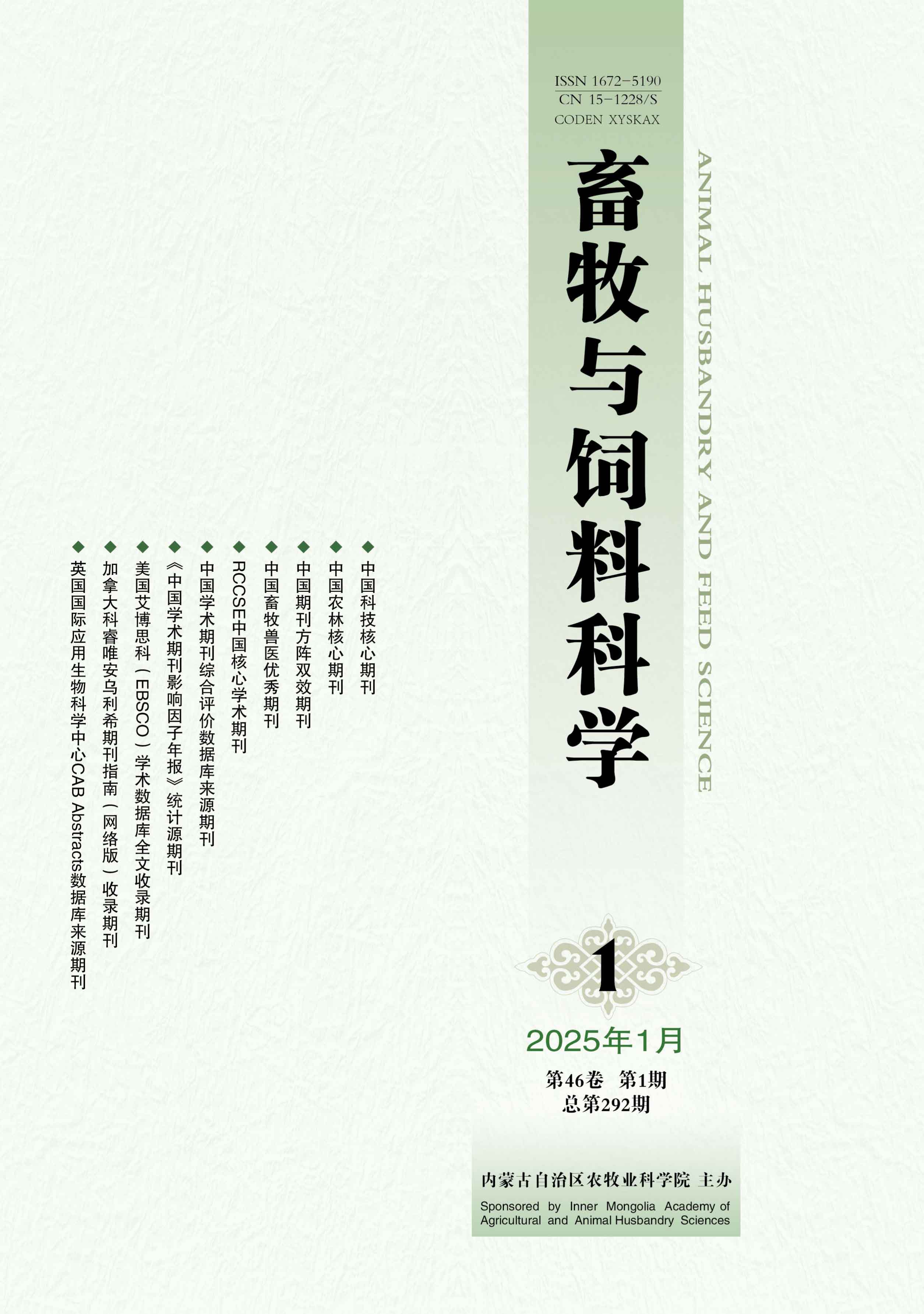Tackling abiotic stress in plants: recent insights and trends
相似文章
-
Some Important Events including CIGR International Symposium on [Wang Yingkua] 国际农业与生物工程学报 2010,3 (2)
-
抓住动物免疫学知识特点 探讨其教学模式 [Jinnian L] 畜牧与饲料科学 2009,30 (3) 102-103
-
实验室开放情况下《动物学》实验课改革的几点体会 [Zhang Qia] 畜牧与饲料科学 2010,31 (4) 184-185
-
叶蛋白膏生产工艺流程探索研究 [Jiankui D] 畜牧与饲料科学 2010,31 (2) 72-74
-
瘤胃体外培养技术的研究进展 [Lei Yan] 畜牧与饲料科学 2009,30 (10) 37-39
-
藏药湿生扁蕾的研究进展 [Bai YaDong, Hui-Chun Xie, Wang Weijin, Jin Pan-pan, Huo XiaoJi] 安徽农业科学 2010,38 (7) 164-165+344
-
牛奶中非法添加β-内酰胺酶的检测方法及研究现状 [Hao Che] 畜牧与饲料科学 2010,31 (1) 73-75
-
重庆地区饲用高粱属作物品种筛选 [Zhiqiang Q] 畜牧与饲料科学 2010,31 (8) 82-84
-
猴科动物种口变动对亲缘结构和行为的影响 [Minghong Che] 畜牧与饲料科学 2011,32 (3) 48-52
-
基于RGB图像处理的玉米叶片含水率监测方法研究 [Wenting Han, Yi Sun, Xu Tengfei, Xiangwei Chen, Su Ki Oo] 农业工程技术 2016 (12) 75






